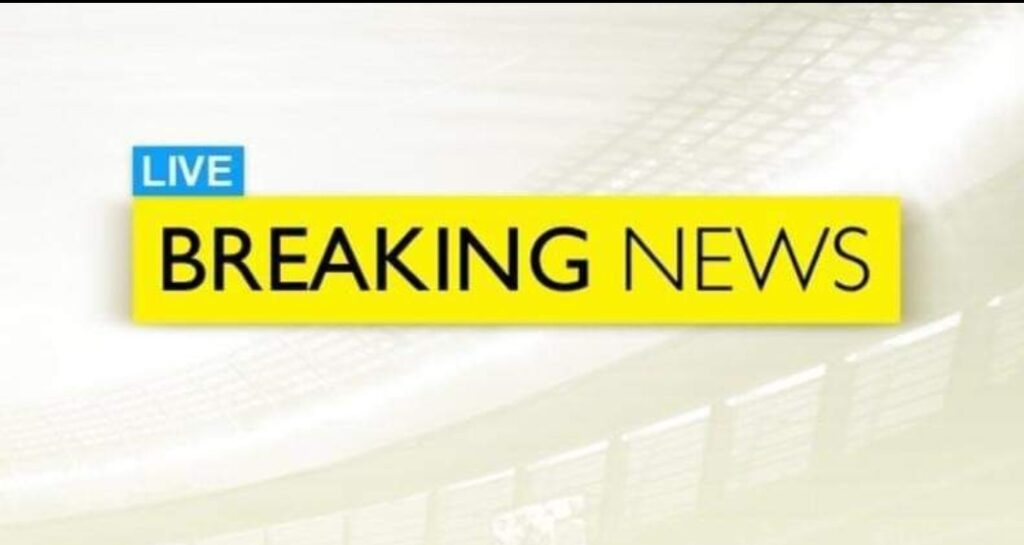Thiago Silva, a stalwart in Chelsea’s defense, has faced scrutiny during this season as fans increasingly attribute the team’s challenges to his performance. The prevailing sentiment among supporters is that his diminishing speed is impeding the team’s progress, notably affecting left back Levi Colwill and right back Ben Chilwell. A statistical analysis by Alex Goldberg, shared on Twitter, illustrates this decline vividly, comparing Silva’s last season (depicted in red) with his current performance (depicted in blue).
In this comparison, the visual data aligns with fans’ observations, underlining Silva’s struggle on the field. Remarkably, despite his evident struggle, he appears to be putting in even more effort than the previous season when he was part of a team facing similar adversities. However, this effort seems to have limited impact, given the broader influence of his presence on the team’s gameplay.
Silva’s reduced speed has broader implications, extending beyond his individual performance. It affects the team’s overall strategy and gameplay, evident in the statistical graph, albeit not explicitly captured. This impact is substantial, altering the team’s dynamics and potentially hampering their ability to ascend in the rankings. The comparison between his last and current season suggests a decline in his abilities, particularly in terms of speed, which has a cascading effect on the team’s defensive capabilities.
As the data paints a clear picture of this decline, it becomes apparent that addressing this issue is crucial for Chelsea. Whether through tactical adjustments, additional support in defense, or strategic player rotation, finding a solution to mitigate this decline in speed is imperative. The team needs to carefully assess Silva’s role and its impact on the overall gameplay to devise a strategy that maximizes their defensive prowess while adapting to his current capabilities.
